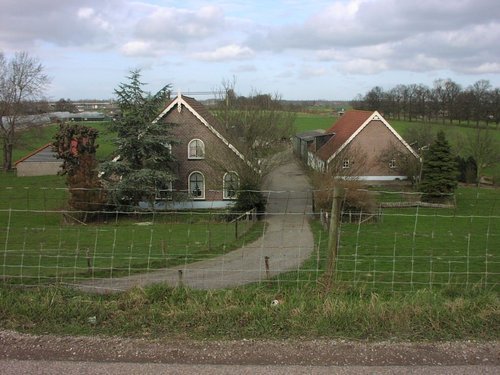
Agricultural Revolution
When people think about the history of Britain their minds may focus on the impact of the Industrial Revolution. However, there was another significant development which led to an increase in farming production.
During the 17th and 19th centuries output from farms grew to the point where food supplies outperformed the size of the British population. This is known as the Agricultural Revolution and helped to make the country a key exporter of farm products.
There is some debate amongst historians over exactly when the revolution occurred. Furthermore, the key reasons for it are up for dispute. The main consensus is that crop rotation played an important role. Farmers realised that turnips could be grown during the colder months and gathered minerals due to their deep roots. The use of clover as a fertiliser meant that more crops could be grown to feed farm animals. The manure of livestock was then turned into even more fertiliser, maximising the productivity of the farm.
It is likely that without the Agricultural Revolution Britain would not have evolved into the nation it is today. The increase in population meant that more labour was created. As a result society advanced greatly.
By zooe
- 28, Oct, 2022
- 0 Comments
